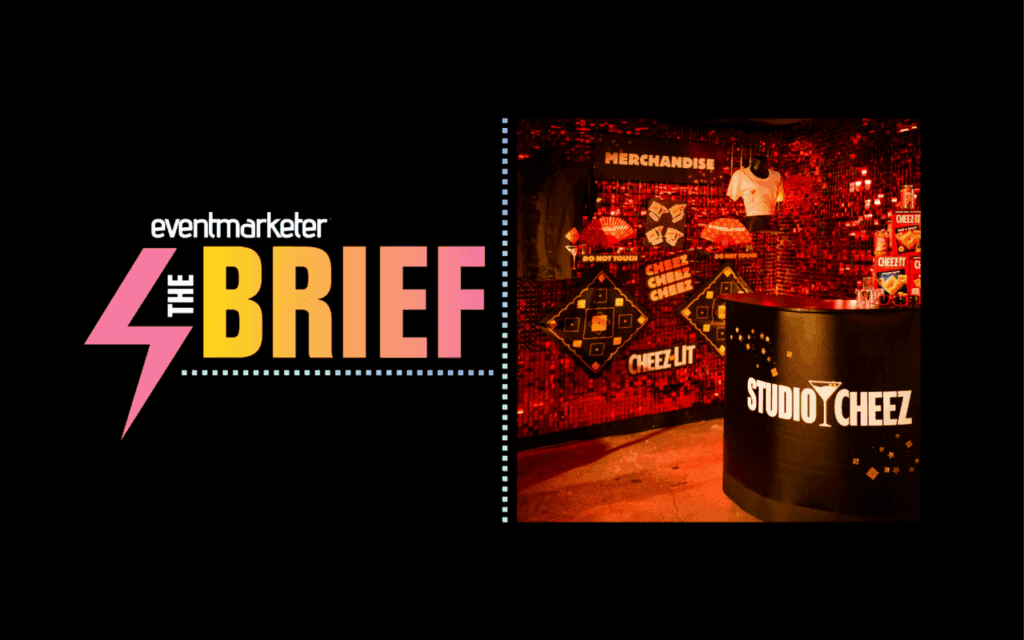Promotions lawyers are hunting for evidence to overturn a patent that could cost marketers millions of dollars to run on-pack/online instant-win sweepstakes.
The patent for online fulfillment of in-pack codes was awarded in January 2001 to Laurie Cairns, who began requesting licensing fees from packaged goods marketers this summer.
Law firms including Winston & Strawn, Chicago, and Cohen, Silverman & Rowan, New York City, are gathering prior art to show on-pack/online promos were in use before Cairns filed her claim in February 1998. Prior art will be presented to Cairns and her lawyers to negate her claims.
The patent (No. 6,173,267) covers sweeps promos that put game pieces with unique codes in product packages “marked with an Internet address and a password” that players use to input the code and personal data (such as an e-mail address or phone number) to see instantly if they won. Winning cards are mailed to the marketer for verification.
The patent covers rebates and discounts for non-winners, online games, follow-up marketing to players, and research as part of online sweeps. It specifies that codes are compared to a list of winning codes or “subject to some computation, random selection, or other means for determining a winning or non-winning status,” per the patent.
Most affected are packaged goods marketers, who have embraced on-pack/online sweeps to leverage packaging real estate at shelf and cut costs of sweeps fulfillment.
Sources say Cairns has demanded as much as $100,000 plus a per-game piece fee. While marketers may simply pay a $5,000 to $10,000 licensing fee, they’re unlikely to pay $100,000, says one agency president.
Some favor aggressive efforts to overturn the patent; others are more low-key.
“We think it’s not a valid patent,” says Winston & Strawn partner Stephen Durchslag. “We’re advising clients to design around it.”
Cohen, Silverman & Rowan partner Marty Cohen concurs: “I think it’s a vulnerable patent.”
Marketers should have their in-house or outside counsel vet any on-pack/online promo before going to market, advises Linda Goldstein, partner at Hall Dickler Kent Goldstein & Wood, New York City. “It’s a chilling reminder that the Patent Office has been increasingly liberal in the business methods they’ll grant patents on,” she says. “As more sophisticated technology is integrated with promotions, marketers need to be sensitive to intellectual property rights. Marketers get so focused on compliance with sweepstakes laws that intellectual property is often overlooked.”
From privacy to premiums
Marketers also continue to watch Federal Trade Commission enforcement of consumer privacy and pending legislation. Marketers expect a December or January nod from the FTC to add a national Do Not Call list to the 1997 Telemarketing Sales Rule (July PROMO). FTC’s director of the Bureau of Consumer Protection Howard Beales said in October that the national list would be “an early Christmas present” for consumers. Some worry that marketers could eventually contend with 53 lists — one for each state and DC, a federal list, and the Direct Marketing Association’s list.
Then there’s the ladybug story — a cautionary tale of licensing. When McDonald’s Corp. licensed designs from Battlebots for Happy Meal premiums, it found out at the eleventh hour that the girl who designed a champion ladybug Battlebot used the cover from her Little Tykes sandbox. Big Mac crossed fingers and called Little Tykes to cover off on the license. “They were happy it was doing so well on the show, and glad to have it be part of the Happy Meals line,” says Jennifer O’Malley, McDonald’s senior intellectual property counsel.
Case closed.


 Network
Network

